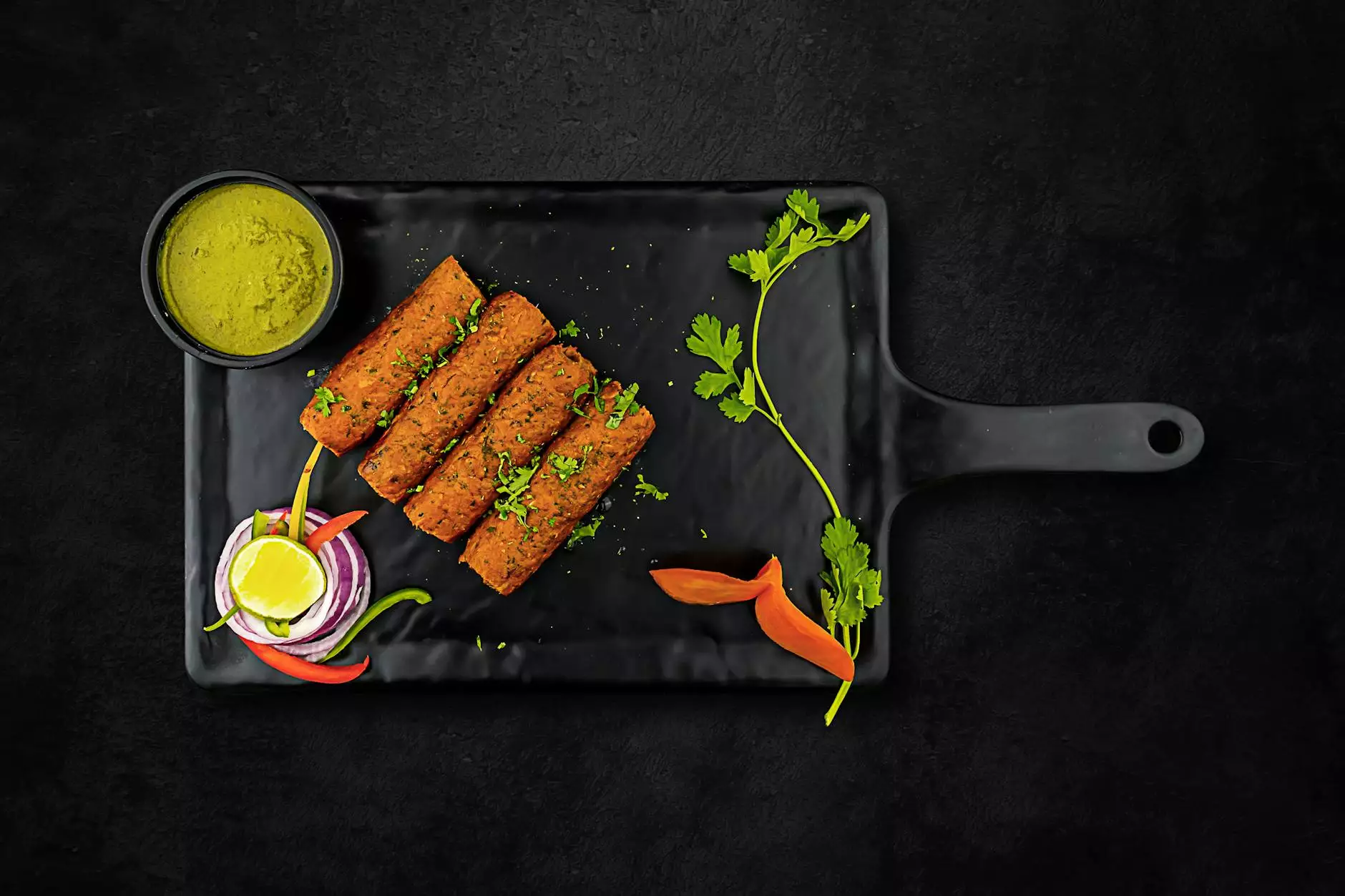The Rising Demand and Quality of Halal Frozen Chicken

Halal frozen chicken is rapidly gaining traction within the global poultry market, catering to an ever-growing demand for ethically sourced and certified meat products. As consumers become increasingly aware of where their food comes from and how it is prepared, halal frozen chicken is positioned to meet their needs. In this detailed article, we will explore the various aspects of halal frozen chicken, including its origins, certification processes, health benefits, and its illustrious market presence, particularly focusing on Brazilian poultry exporters and chicken in bulk.
Understanding Halal Chicken: The Core Principles
Before delving into the intricacies of halal frozen chicken, it is essential to grasp what "halal" means. The term halal is Arabic for "permissible" and refers to what is allowed under Islamic law. In the context of poultry, halal chicken must be processed in accordance with specific religious guidelines:
- Humane Treatment: Animals must be treated with kindness throughout their lives and during the slaughtering process.
- Fast and Efficient Slaughter: The chicken should be killed swiftly to minimize suffering, as prescribed by Islamic law.
- Bismillah Invocation: The name of Allah must be invoked at the time of slaughter, affirming the religious significance of the act.
- Health Standards: Halal chicken must meet rigorous health standards to ensure the cleanliness and safety of the product.
The Importance of Frozen Chicken in Modern Nutrition
Frozen chicken has transformed how we consume poultry. Here's why:
- Extended Shelf Life: Freezing retains the chicken’s quality and nutritional value, allowing it to be stored for long periods without spoilage.
- Convenience: Frozen options make meal prep and cooking convenient for busy families or individuals.
- Wastage Reduction: Freezing helps in minimizing food wastage, an ever-growing concern in today's world.
Brazilian Poultry Exporters: A Hub for Halal Frozen Chicken
Brazil has emerged as one of the world's leading poultry exporters, and its role in the halal frozen chicken market is significant. The country is now recognized for its extensive production capabilities, ensuring a steady supply of high-quality chicken products. Here are some key points about Brazilian poultry exporters:
- Advanced Production Techniques: Brazilian producers utilize cutting-edge technologies in poultry farming and processing, ensuring that the chicken is not only halal but also of exceptional quality.
- Compliance with International Standards: Many Brazilian exporters adhere to stringent international hygiene and safety standards, making their products highly competitive on the global market.
- Diverse Range of Products: From whole birds to portions and processed items, Brazilian halal frozen chicken caters to varied consumer preferences.
Health Benefits of Consuming Halal Frozen Chicken
Choosing halal frozen chicken comes with a series of health benefits that should not be overlooked:
- High Nutritional Value: Halal chicken is often richer in nutrients due to its standard of care and feeding practices.
- Lower Risk of Contamination: The rigorous processing standards and instant freezing preserve safety and reduce the likelihood of contamination.
- Rich in Protein: Chicken is an excellent source of protein, crucial for muscle development and overall health.
The Global Market Trends: Halal Frozen Chicken
The halal frozen chicken market has witnessed remarkable growth in recent years. Factors contributing to its rise include:
- Increased Muslim Population: The global Muslim population is growing, leading to higher demand for halal products.
- Consumer Awareness: There is a rising awareness among non-Muslims about the ethical treatment of animals, driving them to choose halal options.
- Retail Expansion: The expansion of retail networks that stock halal products has made it easier for consumers to access halal frozen chicken.
The Future of Halal Frozen Chicken
As we move forward, it is essential to view the future of halal frozen chicken through a lens of innovation and adaptation. Industry players are exploring ways to enhance sustainability through eco-friendly production practices and efforts to reduce carbon footprints. Furthermore, engaging in transparency with consumers about the sourcing and processing of poultry products will foster a trustworthy relationship.
Challenges in the Halal Frozen Chicken Market
Despite its thriving nature, the halal frozen chicken market faces several challenges:
- Certification Complexity: Navigating certification requirements can be complex for producers, leading to inconsistencies in supply.
- Pricing Pressures: Competition among suppliers can lead to pricing challenges, impacting profitability.
- Consumer Misinformation: Misinformation regarding halal practices can deter potential customers from exploring halal options.
Conclusion: Embracing Halal Frozen Chicken
Halal frozen chicken represents not just a dietary choice but an ethical and health-conscious lifestyle. As consumers become more discerning, the demand for high-quality, ethically sourced products like halal frozen chicken will continue to rise. Brazilian poultry exporters are at the forefront of this movement, providing a reliable supply of quality chicken that meets the global halal standards. By embracing this trend, consumers are not only making a choice for their health but also contributing to a more humane and sustainable food industry.
Ultimately, the future of halal frozen chicken holds immense potential, and as demand grows, fostering an environment that prioritizes quality, ethics, and transparency will be vital for industry stakeholders.



